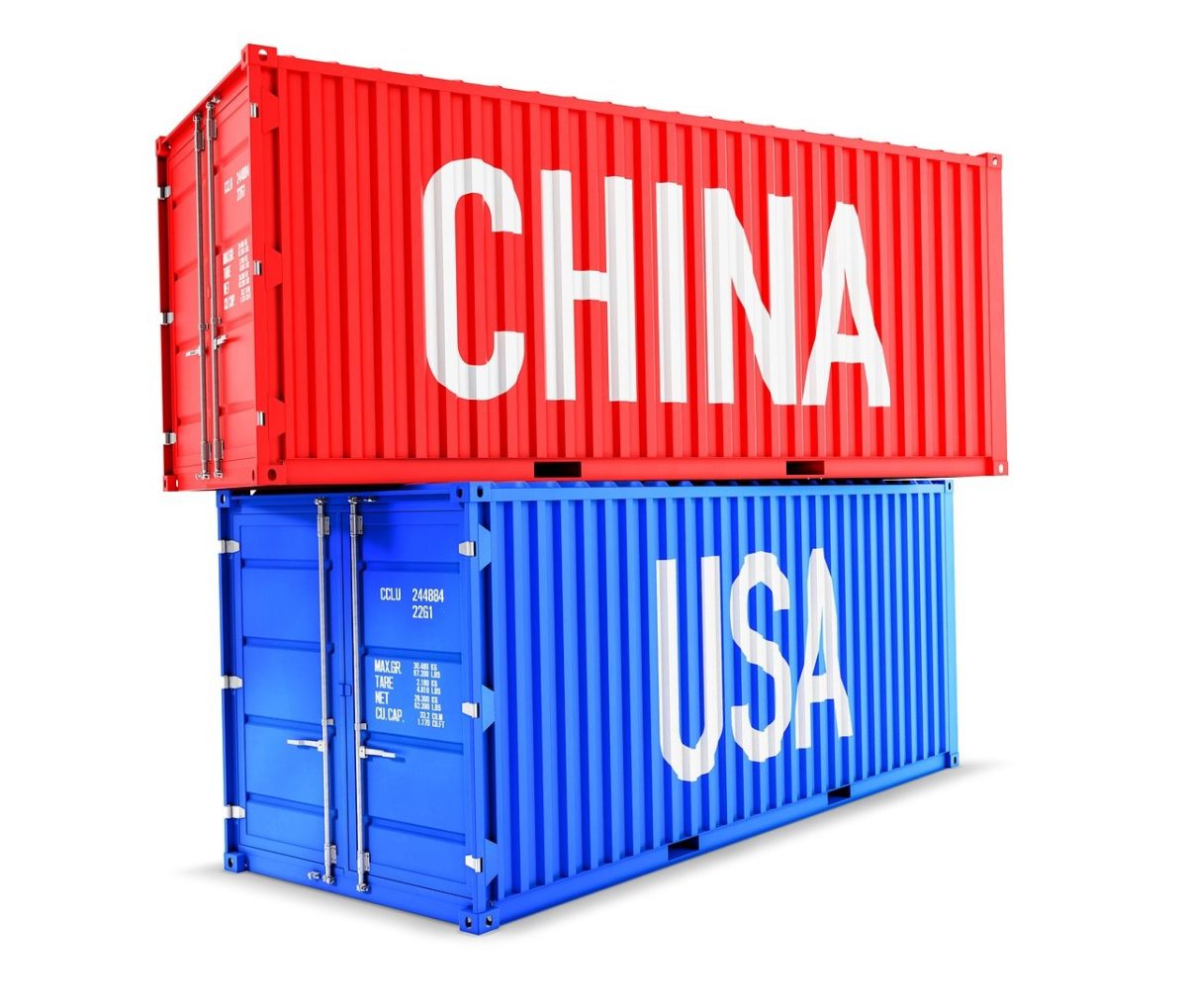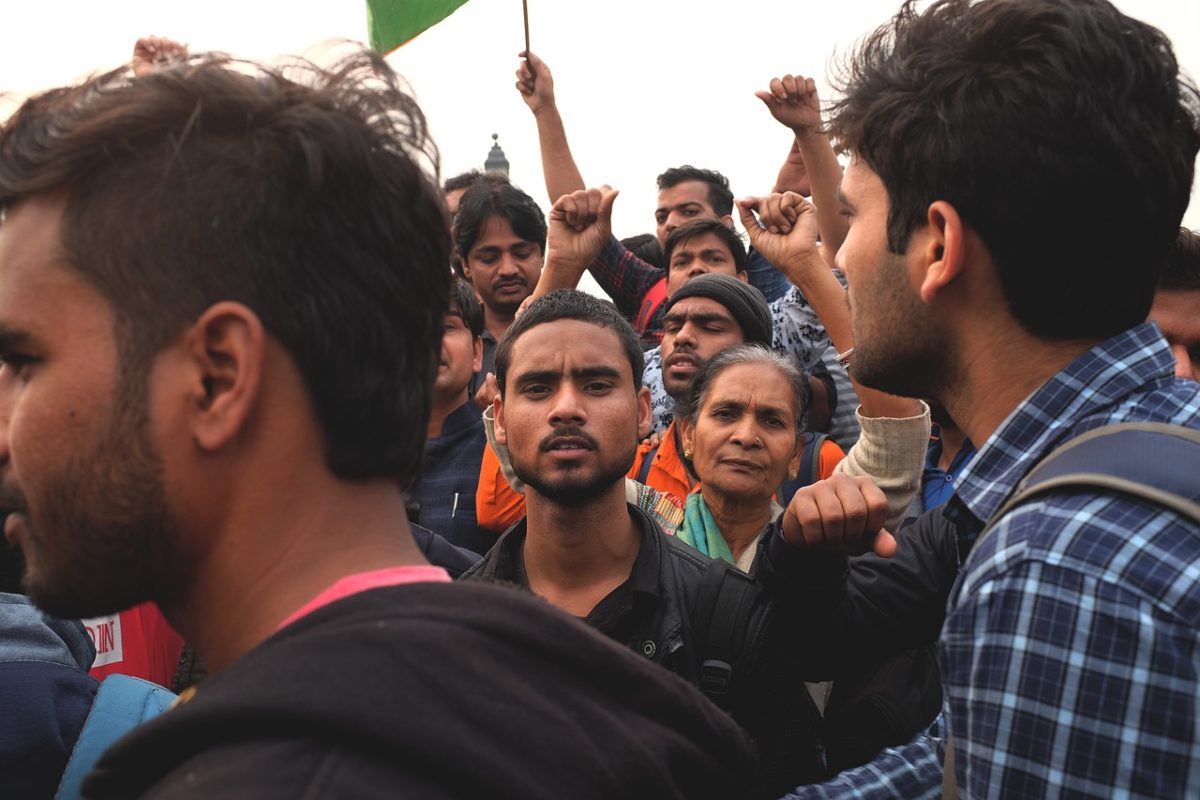Recently, advanced economies have witnessed a significant shift towards protectionist economic policies. While this is often framed in terms of geopolitical competition, especially involving China, this trend should also be understood as a response to the growing influence of populism and the surge in support for alternative political parties. To grasp this phenomenon, it is essential to examine the underlying causes and the interplay between populist sentiments and economic policy changes.
Continue reading “The Rise of Protectionist Economic Policies: A Response to Populism and Alternative Political Movements”Month: May 2024
Chinese electric vehicles & soft power: situation update
Summary
- Tariff Increase: The Biden administration is set to increase tariffs on Chinese electric vehicles (EVs) from 25% to potentially 100%, significantly raising the cost of Chinese EVs in the US market.
- Geopolitical Strategy: This move aims to curtail China’s dominance in the global EV market and protect the nascent US clean energy sector from a flood of subsidised Chinese imports.
- Domestic Industrial Policy: The tariffs are part of Biden’s broader strategy to boost American manufacturing, specifically in the EV and clean energy sectors, to ensure national security and economic growth.
- Labour and Employment: The tariff policy is designed to support American jobs, particularly in the auto industry, resonating with labour unions and blue-collar workers in key battleground states.
- Electoral Strategy: With the 2024 presidential election approaching, Biden’s move to raise tariffs helps distinguish his trade policy from that of former President Trump, who has also advocated for high tariffs on Chinese goods.
India’s Election: Situational Update
Summary
- Congress’s “Nyay Patra” Manifesto: Focuses on social justice with promises for jobs, financial aid for women, and a controversial wealth redistribution survey based on caste and minority status, sparking debates about its potential to deepen social divisions.
- BJP’s “Abki Baar 400 Paar” Campaign: Led by Prime Minister Narendra Modi, targets over 400 seats with a platform emphasising national security, economic growth, and Hindu cultural nationalism. Criticises Congress’s manifesto as threatening national security and stability.
- Controversial Aspects of Congress’s Manifesto: Includes a wealth redistribution plan and a caste census, which have been criticised for potentially fostering economic disincentives and social unrest.
- Modi’s Rhetoric Viewed as Anti-Muslim: Accusations against Congress for pandering to Muslim interests, using divisive language, and linking Congress policies to historical adversaries like the Muslim League.
- Electoral Strategies and Implications: BJP’s campaign focuses on a strong nationalistic approach, while Congress aims for transformative social justice measures. The election presents a stark choice between two contrasting visions for India’s future.


